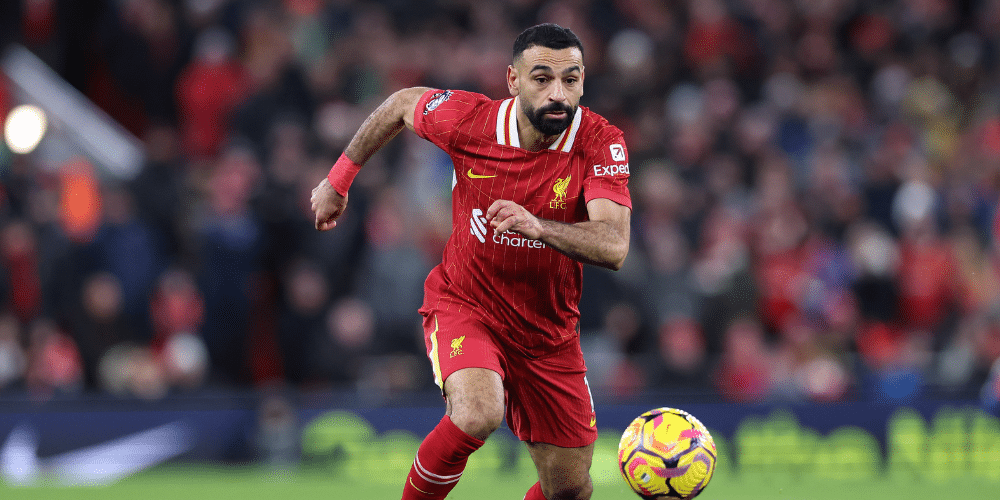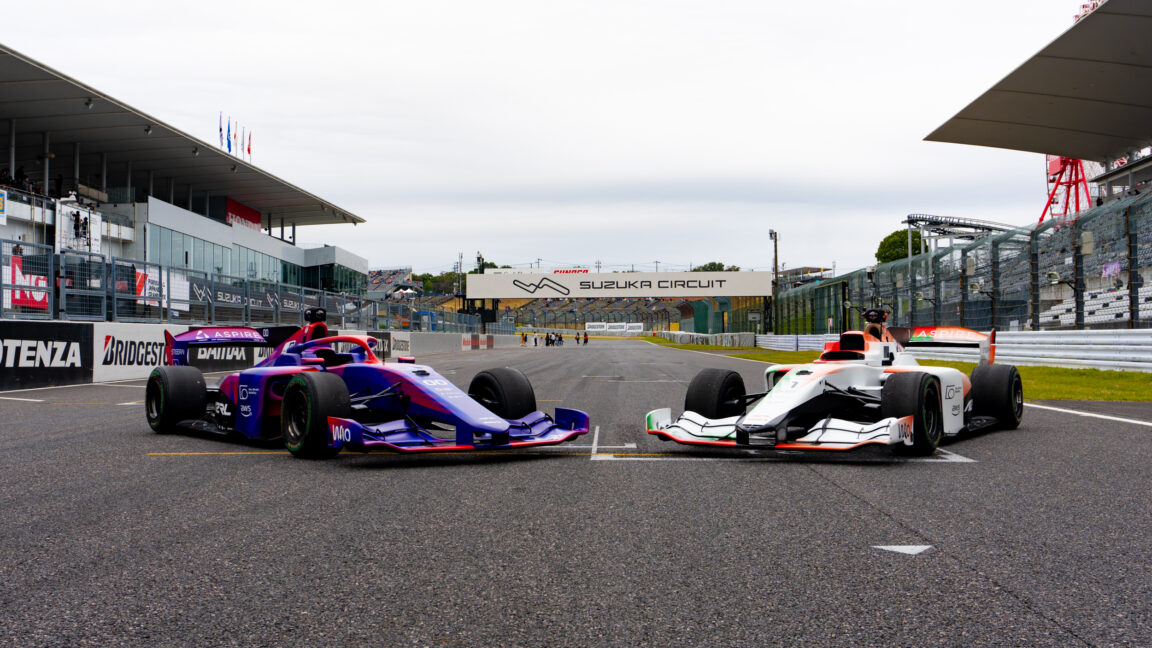Gambling
Court ruling opens floodgates for legal United States election betting

Legal gambling on the presidential election and Congressional races got the greenlight Wednesday — and betting could start as soon as this week.
The Court of Appeals in DC declined to issue a stay in a lawsuit involving the Commodity Futures Trading Commission that sought to block wagering on the country’s elections, with regulators saying it would cause “irreparable harm.”
Kalshi, a betting exchange startup, had sued the CFTC for the right to host gambling markets on Congressional elections.
In September, a federal District judge ruled in favor of Kalshi.
While the CFTC could still potentially appeal to higher courts to reverse the original District judge’s ruling, it is unlikely that the case would be heard in time to immediately block legal betting on Donald Trump vs. Kamala Harris, or the races for the U.S. Senate and House of Representatives next month.
While Kalshi’s original lawsuit pertained to Congressional elections, it is clear that the exchange plans to offer presidential markets as well.
“US presidential election markets are legal. Officially. Finally. Kalshi prevails,” Kalshi founder Tarek Mansour wrote on X after the court ruling.
A spokesperson for the CFTC declined to comment on the ruling.
The Post has reached out to Kalshi to gauge a timetable on when it will offer election markets.
Kalshi is a startup founded by MIT graduates whose backers include Sequoia, Y Combinator and private equity maven Henry Kravis.
It differs from the typical sportsbooks in the United States, like DraftKings and FanDuel, in that those books involve the public betting against the house, whereas Kalshi is an exchange that connects bettors on both sides and takes about a 2 percent cut.
DraftKings offers U.S. election odds in Ontario, but not domestically.
Nevertheless, this ruling does not open up the traditional online sportsbooks to offer elections markets in the United States, at least not immediately, as those businesses are governed by state regulators. Kalshi is under the realm of the CFTC.
In 2020, West Virginia permitted FanDuel to offer presidential election betting, but reversed course almost immediately.
While some people have been using platforms like Polymarket for election betting, they had to go through a VPN to skirt the U.S. laws.
Beyond elections, Kalshi offers markets on anything ranging from interest rates to Taylor Swift.
Earlier this year, senator Elizabeth Warren and several Democrats in Congress urged regulators to block Kalshi from offering election markets.
“Elections are not a for-profit enterprise,” the letter said, according to the Boston Globe. “Without this rule, voters will wonder if their vote mattered, and whether the outcome of the election was influenced by big money bets.”
The Court of Appeals argued Wednesday that the CFTC did not prove this would be the case.
“The Commission has failed to demonstrate that it or the public will suffer irreparable injury absent a stay pending appeal, and therefore its motion for a stay is denied without prejudice to renewal should substantiating evidence arise,” wrote Circuit Judge Patricia Millett. “The administrative stay is hereby dissolved.”
While Kalshi’s lawsuit was specifically centered on which party will control Congress, its “elections” page indicates that trading the presidential election will be available “soon.”
“You will be able to trade on Trump or on Kamala (or someone else) winning the US election,” the site says.










